In the presence of Eng. Kamal bin Ahmed Mohammed, Chairman of the Electricity and Water Authority of the Kingdom of Bahrain (EWA) and Board Member of the GCC Interconnection Authority, along with Eng. Ahmed Al Ibrahim, CEO of the GCC Interconnection Authority, and several executive leaders of the authority, the authority organized a workshop at its headquarters in Dammam on Tuesday, September 2, 2025, titled “Enhancing Safety and Reducing Risks in Integrating Renewable Energy Sources.” The event included a distinguished group of leaders and experts from member countries, reflecting the pioneering role of the GCC Interconnection Authority in supporting sustainable energy strategies of the Gulf Cooperation Council (GCC) countries. The workshop discussed mechanisms for integrating renewable energy sources into the Gulf electrical grids and reducing operational risks associated with this integration, with participation from leaders, experts from member states, and global consultants.
The workshop addressed key topics including ensuring the reliability of electrical grids amid the intermittent nature of renewable energy sources, developing mechanisms to manage operational risks, enhancing the flexibility of Gulf grids to face future challenges, and reviewing global best practices for safe and effective renewable energy integration.
On this occasion, Eng. Ahmed Al Ibrahim, CEO of the GCC Interconnection Authority, stated: “Integrating renewable energy sources into Gulf electricity grids is no longer an option but a strategic necessity for the future of energy in the region.
At the authority, we are keen to adopt global best practices and innovate in developing policies and mechanisms that ensure sustainability, efficiency, and operational reliability, enhancing the flexibility of the Gulf grid and supporting the GCC countries’ directions towards energy transition.”
He added: “This workshop represents a practical step towards enhancing the system’s readiness to face future challenges and opening wider horizons for regional integration in the energy sector, achieving greater security and stability for national grids, and supporting the strategic objectives of the GCC visions in sustainable development and transition to a diversified economy based on clean energy.”

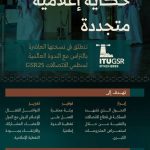

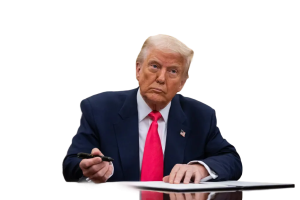

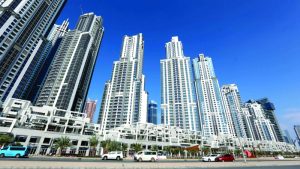

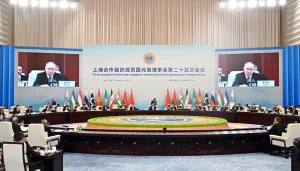
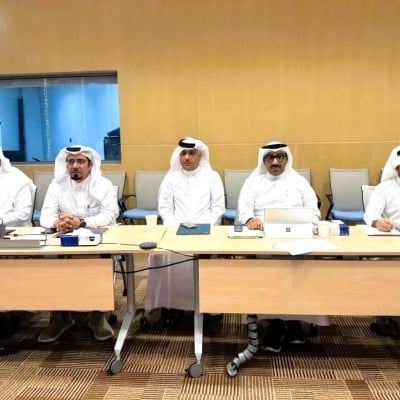

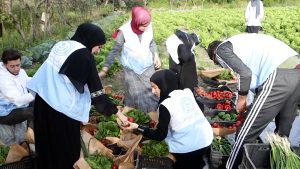

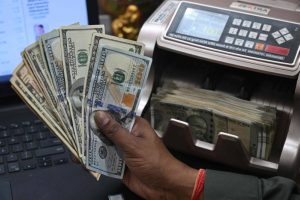
Recommended for you
Exhibition City Completes About 80% of Preparations for the Damascus International Fair Launch
Al-Jaghbeer: The Industrial Sector Leads Economic Growth
Ministry of Media Announces the 10th Edition of 'Media Oasis'
Talib Al-Rifai Chronicles Kuwaiti Art Heritage in "Doukhi.. Tasaseem Al-Saba"
Unified Admission Applications Start Tuesday with 640 Students to be Accepted in Medicine
Afghan Energy and Water Minister to Al Jazeera: We Build Dams with Our Own Funds to Combat Drought